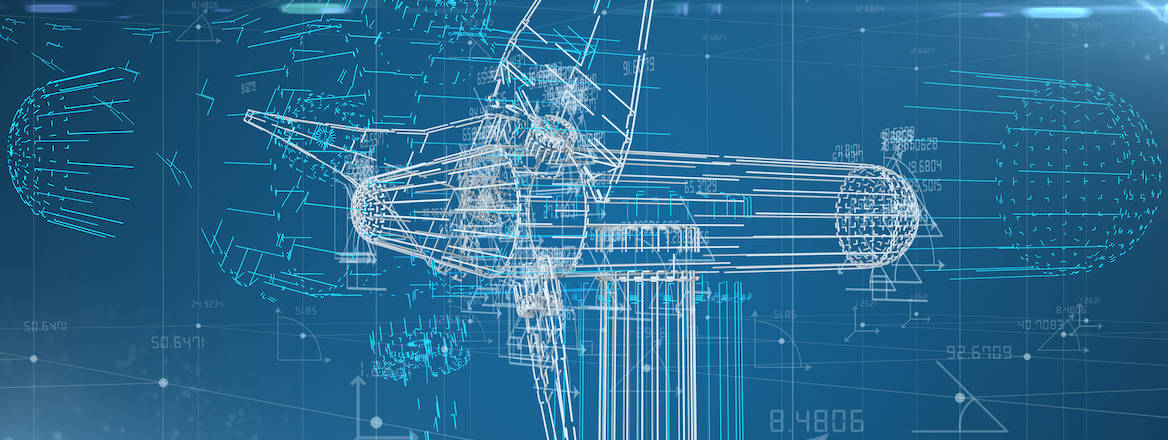Securing a Net-Zero Future: Cyber Risks to the Energy Transition
This Emerging Insights paper identifies six key cyber risks to the UK’s energy transition.
Climate change is the biggest threat to modern society. Our reliance on fossil fuels for energy production has caused large-scale emissions of harmful greenhouse gases, such as CO2, which is causing the global temperature to rise at an alarming rate. Research has highlighted that the only way to slow down its effects and control the global temperature is to reach net-zero greenhouse gas emissions as fast as possible. A key component of this is shifting to a low-carbon energy system where renewable sources are used to produce electricity which can be used for power, heat and transport. As a result, UK investment in the transition to renewable electricity infrastructure over the next decade and beyond is inevitable.
Yet, as an area of critical importance, energy systems are often the target of malicious cyber attacks. As we make the shift towards renewables, there will be a greater reliance on smart electricity systems which must be resilient to these types of attacks.
This Emerging Insights paper examines the cyber risk to the UK’s energy transition by focusing on renewable electricity infrastructure. Using findings from existing literature and insights derived from a consultative workshop with subject matter experts, this paper identifies six key risks to renewable electricity production and distribution, storage, and consumer and business energy management technology.
WRITTEN BY
Sneha Dawda
Jamie MacColl
Senior Research Fellow
Cyber and Tech



